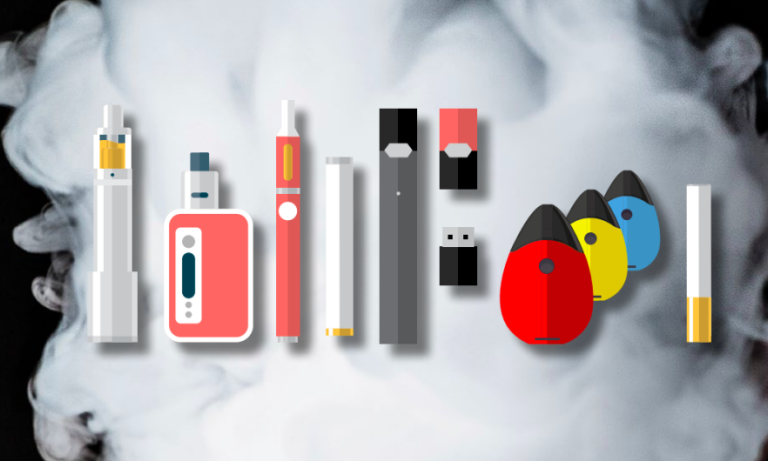
Medical privacy has become increasingly important in our connected world. When health information passes through multiple hands, the risk of privacy breaches grows significantly. Traditional health documentation processes often involve numerous touchpoints, from receptionist check-ins to paper forms passed between staff members. These multiple transfers create potential vulnerability points where sensitive information might be exposed inadvertently or intentionally.
Reduced physical exposure in waiting rooms
Traditional online medical certificate acquisition typically requires sitting in waiting rooms where you may encounter colleagues, neighbours, or acquaintances. These chance meetings can lead to unwanted conversations about your health status or questions about why you’re seeking medical attention. For many people, particularly those with sensitive health conditions, these encounters create significant discomfort and privacy concerns.
Digital health services eliminate this physical exposure. When seeking documentation for health-related issues, you can connect with healthcare providers from your chosen private locations. This privacy extends beyond avoiding waiting room encounters—it also means no one observes you entering specialized clinics that might reveal the nature of your condition.
Minimized paper trail and physical documentation
Paper documentation creates inherent privacy vulnerabilities. Physical medical certificates can be:
- Accidentally left in visible locations
- Seen by unintended parties during transit
- Discovered when disposing of paperwork
- Visible in partially transparent envelopes
- Found by others when stored in shared spaces
These physical documents often contain sensitive details about medical conditions that patients prefer to keep private. When papers change hands or move through mail systems, control over who accesses this information diminishes significantly.
Enhanced identity verification protocols
Identity theft related to health information represents a serious privacy concern. Traditional paper certificates often lack robust verification features, making them susceptible to forgery or unauthorized access. Advanced digital health platforms employ multiple security measures to protect your identity:
- Multi-factor authentication requirements
- Biometric verification options
- Encrypted connections during consultations
- Secure patient portals for document access
- Digital audit trails tracking all access to records
These security features protect the certificate and the surrounding information about your health status, creating a more comprehensive privacy shield.
Discretion in sensitive situations
Certain health conditions carry social stigma despite medical advances and evolving attitudes. Mental health issues, reproductive health matters, or sexually transmitted infections may cause concern about judgment when seeking treatment. The privacy of digital consultations creates a judgment-free environment where patients can discuss sensitive health concerns without fear of being overheard or observed. The reduced anxiety about privacy breaches allows patients to focus entirely on their health concerns rather than worrying about information exposure.
Data protection regulations and compliance
Digital health platforms must comply with strict data protection regulations that govern health information. These regulatory frameworks establish minimum security standards and patient rights regarding health data. Reputable online medical certificate providers adhere to these requirements, often exceeding minimum standards to build patient trust. These regulations typically require:
- Encrypted storage of all health information
- Clear patient consent processes for data sharing
- Limited retention periods for sensitive information
- Patient rights to access and correct their records
- Breach notification protocols and remediation plans
These regulatory protections add a privacy layer often absent in informal paper documentation systems. By transitioning to digital health documentation, patients gain significant privacy advantages beyond mere convenience. These privacy benefits address both technological and social dimensions of health information protection, giving individuals greater control over their sensitive medical details in an increasingly connected world.






